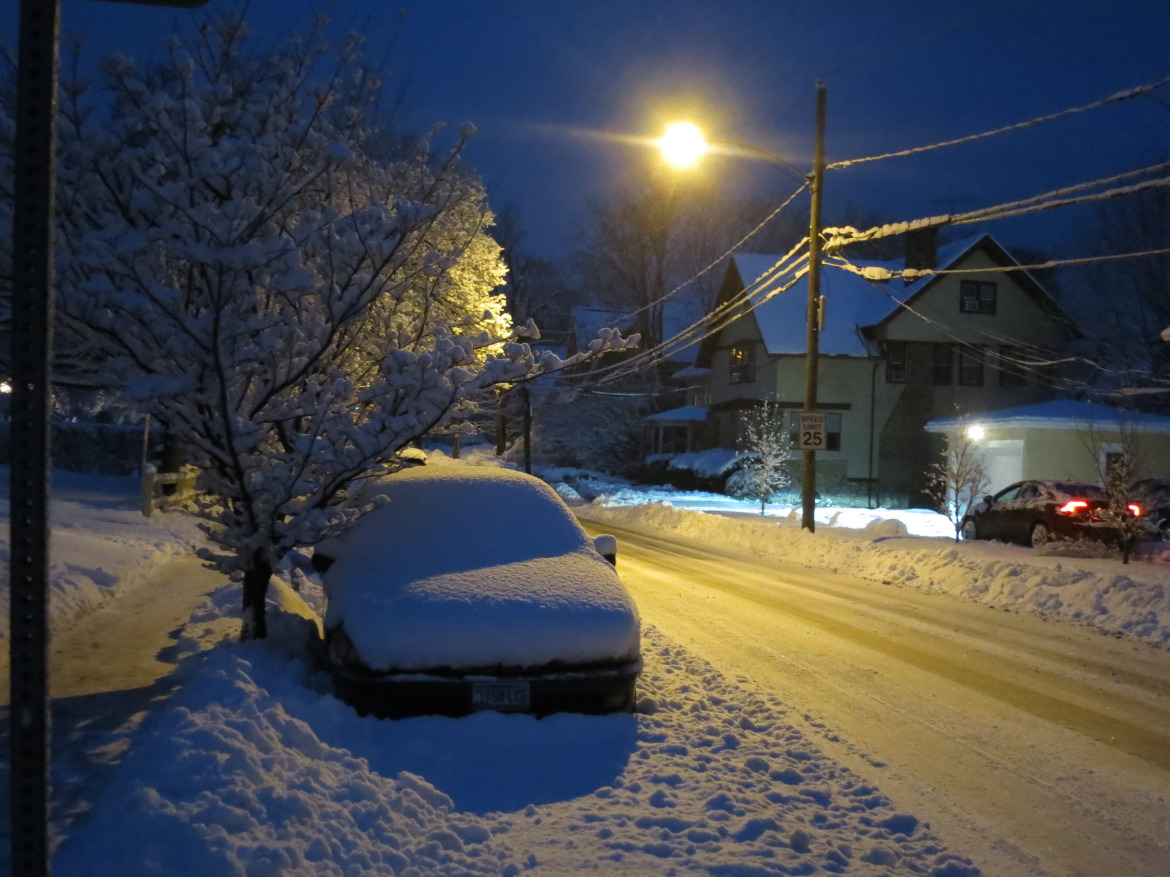 The Town of Greenwich Board of Selectmen serve as the Town’s parking and traffic authority. They have declared a Snow Emergency effective 6:00 pm Sunday.
The Town of Greenwich Board of Selectmen serve as the Town’s parking and traffic authority. They have declared a Snow Emergency effective 6:00 pm Sunday.
Vehicles are not permitted to be parked or otherwise remain standing or stationary on posted Snow Emergency routes during a declared snow emergency. Vehicles not in compliance are subject to ticketing and immediate towing. Off-street municipally-owned parking lots can be used for parking vehicles displaced from Snow Emergency routes.
The Town’s Emergency Operations Center will be activated at 12:00 p.m. Monday, January 26.
All appropriate municipal departments are preparing equipment and adding additional staff to be ready for this storm and its aftermath.
Residents are advised to monitor local and regional media outlets for up-to-date forecast information. WGCH Radio – AM1490 will remain on the air throughout the storm. Check and refresh their family emergency kits. Use caution when shoveling heavy snow to avoid injury. If you must be outdoors, exercise extreme caution and be wary of road conditions.
• Power related issues are to be referred to CL&P at 1-800-286-2000.
• To report a gas leak, please call Connecticut Natural Gas (CNG) at 1-866-924-5325.
• For general information, visit the Town website.
• Eastern Middle School and the Bendheim Western Greenwich Civic Center will be prepared as shelters should the need arise. Please make sure to bring your medications with you to the shelter.
Potential Power Outages:
If power is lost, please keep safety in mind when using an alternative heating source and consider the following:
• Carbon monoxide, or CO, is an odorless, colorless gas that can cause sudden illness and death. A single gas-powered generator can produce as much as 100 times more poisonous Carbon Monoxide gas than a car’s exhaust.
• Never use a generator inside your home, basement or garage. Opening the garage door does not make it safe.
• Never use a generator in a flooded area.
• Operate generators outdoors as far away from your house as possible. The National Institute of Standards and Technology reports that even 15 feet away may still be dangerous because the CO fumes can enter the home through windows, doors or vents.
• Never refuel a generator while it is running or hot.
• Install CO detectors inside the home near all the sleeping areas.
• Electric or Gas stoves should never be used in an attempt to heat your home or any other heating element that may be dangerous in emitting gasses.